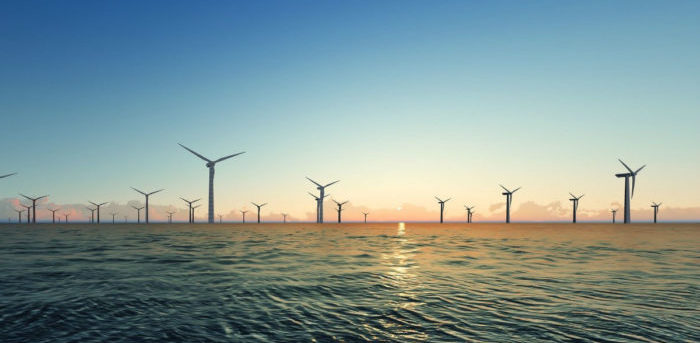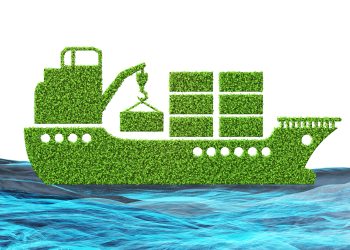Belgium’s plans to support three offshore wind farm projects are in line with EU State aid rules, the European Commission announced, noting that the measure will further EU energy and climate goals without unduly distorting competition in the Single Market.
Under EU State aid rules, the Commission has approved Belgium’s support of a maximum of €3.5 billion to the Mermaid (235 Megawatt), Seastar (252 Megawatt) and Northwester2 (219 Megawatt) windfarm projects, which are located in the Belgian territorial waters of the North Sea.
In December 2016, the Commission approved, under EU State aid rules, a Belgian offshore renewable energy scheme under which operators receive certificates for offshore energy produced from renewable energy sources from the federal energy regulator (CREG). The operators can then sell these certificates to the transmission system operator Elia at a premium on top of the price they receive for electricity sold on the market. The support to the Mermaid, Seastar and Northwester2 windfarm projects is granted under this scheme.
In the 2016 decision, Belgium committed to notify the support measures to the three wind farm projects even if their installed capacity does not reach the 300 Megawatt individual notification threshold set out in the 2014 Guidelines on State aid for environmental protection and energy.
After receiving the notification of the support to the three offshore wind farms by Belgium in August 2018, the Commission assessed the measure under the Guidelines on State aid for environmental protection and energy and found that the projects will promote the integration of renewable electricity into the market, in line with the Guidelines.
The Commission concluded that the projects will increase the share of electricity produced from renewable sources in Belgium and reduce pollution, while limiting any distortions of competition caused by the state support. They will help Belgium meet its target of producing 13% of its energy needs from renewable sources by 2020. Today’s decision complements the Commission’s Energy Union Strategy to deliver secure, sustainable and competitive energy in Europe and to meet our Paris agreement commitments.
…an official EU statement reads.
Moreover, the Commission found that the aid to the three projects is necessary and has an incentive effect, given that, without public support, the projects would not be financially viable. Based on the information provided by Belgium, the support level is in line with the Guidelines and does not result in overcompensation.
The Commission’s 2014 Guidelines on State aid for environmental protection and energy allow Member States to support renewable energy sources, subject to certain conditions. The Guidelines aim at enabling Europe to meet its ambitious energy and climate targets whilst minimising distortions of competition in the Single Market and costs for taxpayers.






























































